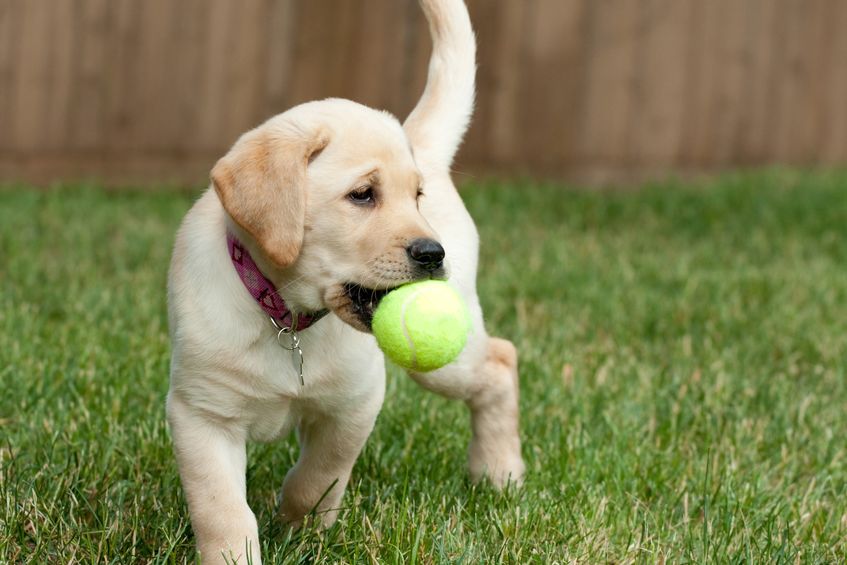Labrador Retrievers are known for their intelligence, trainability, and friendly nature. However, training any dog, including Labradors, requires time, patience, and a structured approach. As experts in breeding and training Labradors, Hidden Pond Labradors is here to share some invaluable tips and techniques to help you effectively train your beloved Labrador. Whether you’re starting with a puppy or an older dog, these insights will set you on the path to success.
Understanding Labrador Psychology
Labradors are highly intelligent and eager to please, making them great candidates for training. Before you begin, it’s crucial to understand their psychology. Labradors thrive on positive reinforcement and respond well to rewards such as treats, praise, and playtime. They are social animals that crave attention and thrive on a strong bond with their humans. You can tailor your training techniques to suit their needs.
Start with Basic Commands
Begin your training journey with basic commands such as sit, stay, lie down, and come. These commands establish a foundation for further training and help your Labrador develop good manners and obedience. Use clear, consistent verbal cues and pair them with hand signals to reinforce understanding. Short training sessions of 10-15 minutes a day, divided into multiple sessions, work best for Labradors to maintain their focus, and avoid overwhelming them.
Positive Reinforcement
Positive reinforcement is a powerful training technique that encourages desired behaviors. Reward your Labrador with treats, praise, or playtime whenever they correctly respond to a command. This approach reinforces the connection between good behavior and positive outcomes, making training enjoyable for both you and your furry friend. Avoid punishment or harsh training methods, as they can be counterproductive and damage the trust between you and your Labrador.
Leash Training and Walking
Labradors are energetic dogs that require regular exercise, and leash training plays a vital role in their overall well-being. Start leash training early and use positive reinforcement to reward them for walking calmly by your side. Gradually increase the duration and complexity of walks, introducing distractions and different environments to help them become well-behaved companions outside the home.
Socialization
Proper socialization is key to raising a well-rounded Labrador. Expose your Labrador to various people, animals, sounds, and environments from a young age. This exposure helps them develop confidence, adaptability, and good manners. Organize playdates with other friendly dogs, visit dog-friendly parks, and enroll them in obedience classes to enhance their social skills.
Problem Solving and Advanced Training
As your Labrador progresses in basic obedience, you can move on to more advanced training. Teach them tricks like roll over, fetch, and paw, which stimulate their minds and provide mental stimulation. Additionally, address any behavioral issues promptly using positive reinforcement techniques or seek guidance from professional trainers if needed.
Training your Labrador can be a rewarding and fulfilling experience, strengthening the bond between you and your four-legged companion. By applying these expert tips and techniques from Hidden Pond Labradors, you can establish a solid training foundation, promote good behavior, and unlock the full potential of your Labrador’s intelligence. Remember, training is an ongoing process, so be patient, consistent, and enjoy the journey of helping your Labrador become a well-behaved and happy member of your family.
Contact Hidden Pond Labradors at 607-857-1461 today or visit us online for more information!


As a proud Labrador owner, I can’t wait to dive into these expert tips and techniques from Hidden Pond Labradors! Training my furry friend is always a rewarding journey, and I’m eager to learn from those who truly understand these amazing dogs. Thanks for sharing such valuable insights! For more helpful advice on pet care and training, check out PetsBea
.